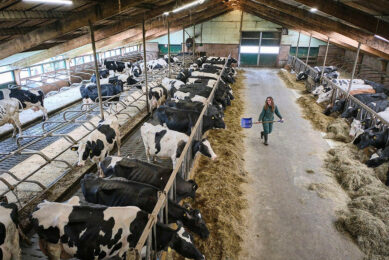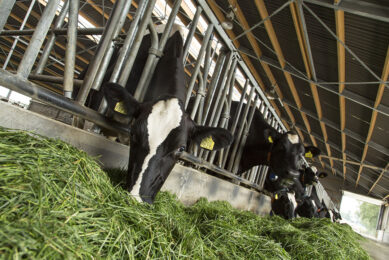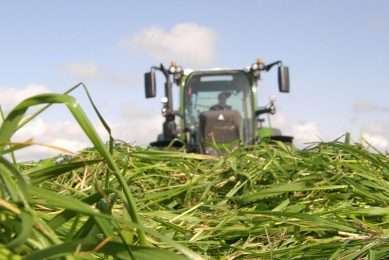New gene that influences grain yield

New gene findings can have a huge impact on selecting candidate crops for producing renewable and sustainable fuels.
This has been discovered by researchers at the Enterprise Rent-A-Car Institute for Renewable Fuels at the Donald Danforth Plant Science Center in the US.
ScienceDaily reports that the US researchers conducted genetic screens to identify genes that may play a role in flower development on the panicle of green foxtail. Green foxtail is a wild relative of the common crop foxtail millet. These Setaria species are related to several candidate bioenergy grasses including switchgrass and Miscanthus and serve as grass model systems to study grasses that photosynthetically fix carbon from CO2 through a water-conserving (C4) pathway. The genomes of both green foxtail and foxtail millet have been sequenced and annotated through the DOE JGI’s Community Science Program.
“We have identified four recessive mutants that lead to reduced and uneven flower clusters,” said Pu Huang, Ph.D., the lead author of the paper. “By ultimately identifying the gene in green foxtail we identified a new determinant in the control of grain yield that could be crucial to improving food crops like maize.”











